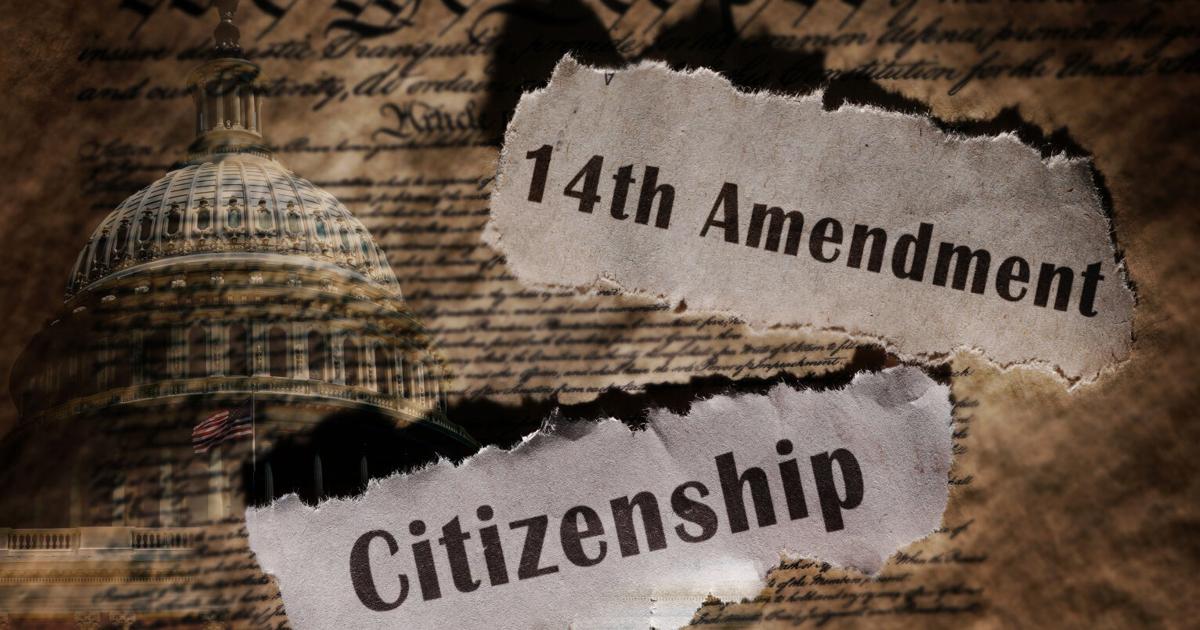(ThyBlackMan.com) A public crisis has a way of revealing the best and the worst sides of people when it comes to helping others.
A prime example is the Flint water crisis. In 2014, an ill-fated decision to switch the city’s water source for cost savings resulted in high lead levels in Flint’s drinking water. Soon after, residents of this majority-Black city, where 40% of its residents live in poverty, complained about water quality. For more than a year, those concerns went unaddressed, leaving the children in Flint to suffer the lifelong effects of lead poisoning. According to the World Health Organization, high blood lead levels are especially harmful to children and pregnant women and can cause “learning disabilities, behavioral problems, and mental retardation.”
Who could hear the story of Flint with its series of governance, infrastructure, health and political failures and not have compassion for children whose lives are forever altered by lead-laced water?

When we speak of compassion, it literally means “to suffer together.” It is defined as the feeling that arises when you are confronted with another’s suffering and feel motivated to relieve that suffering. It is compassion that prompted people and organizations nationwide to donate bottles of water to residents of Flint. Walmart, Coca-Cola, Nestlé and PepsiCo committed to donating up to 6.5 million water bottles to schoolchildren. Officials at Walmart said the water crisis had become personal.
“Those affected include our own associates, customers, and their families,” said Beth Harris, store manager at a Flint Walmart. “Our associates are proud to be part of the effort to help our friends and neighbors.”
There were business, community and faith leaders who fully understood the moral implications and therefore answered the call to action.
“Access to safe water is a basic human right,” Tony West, executive vice president of government affairs at PepsiCo, said in a statement, adding that the donations “will allow Flint schoolchildren and their parents to focus on their education rather than where they can find clean water.”
Compassion is an unconditional moral response reflected by our actions; it is not based on the recipients’ political ideology. Compassion is not meant to be used as part of a manipulation strategy developed to score political points. Unfortunately, political motivation was the catalyst for Sen. Ted Cruz’s “compassion” during his presidential campaign in 2016. With the city of Flint being a Democratic stronghold, the Cruz campaign saw fit to limit their response to the water crisis to only organizations whose ideology aligned with their own. Politics were a driving motivation.
Crisis pregnancy centers are anti-abortion organizations aimed at persuading women to keep their pregnancies. The Cruz campaign worked with the anti-abortion group Flint Right to Life rather than local schools or an ideologically unaffiliated organization such as the Red Cross to distribute aid only to crisis pregnancy centers that supported their way of thinking.
Republican lawmakers are now being told to portray themselves as the “compassionate consensus-builder” on abortion policy after the Supreme Court draft opinion to overturn Roe v. Wade was leaked. Regarding abortion, genuine compassion for life is not tied to one political issue while ignoring others, which are also critical to protecting human life.
Lawmakers are fully aware that the topic of abortion is a highly charged hot-button issue that will generate a great deal of voter passion along with voter turnout in their favor. To say you are the “compassionate consensus-builder” on abortion policy is just lip service to the idea of true compassion. Compassion is not a communication strategy, nor is it something to be used as an “us against them” weapon without substantive actions and policies to back up the messaging.
Former President George W. Bush also tried to make the compassionate label work with Republicans. When he first ran for president, part of Bush’s campaign strategy was based on the term “compassionate conservatism.” At the time, it was a strategy for “raiding liberalism’s political turf and stealing Democratic voters.” It encouraged Republicans to present themselves as allies of the poor and minorities. Rather than embrace racial resentment, compassionate conservatism pushed for Republicans to rebrand themselves as the party of racial solidarity.
Bush welcomed immigrants and courted minority voters. He went as far as to accuse congressional Republicans of trying to “balance the budget on the backs of the poor.” Under his banner of compassionate conservatism, Bush stated, “As a nation that values immigration and depends on immigration, we should have immigration laws that work and makes us proud.” He outlined a plan to revamp the nation’s immigration system and allow some eight million illegal immigrants to obtain legal status as temporary workers.
But at the end of the day, Bush’s real agenda was massive tax cuts for the rich, and today, the tide has turned on embracing immigration, highlighted by the calls to build walls and deny infants baby formula. They resulted in America’s poverty rate rising even before the Great Recession hit. The GOP base never fully embraced the idea of compassionate conservatism during the Bush presidency, and the Tea Party clearly rejected it after Barack Obama’s election.
Even when it hides behind the false label of “compassion,” we have witnessed how the politics of power, greed and obstruction have no desire to “suffer together” or relieve the suffering of others.
Written by David W. Marshall

















Leave a Reply